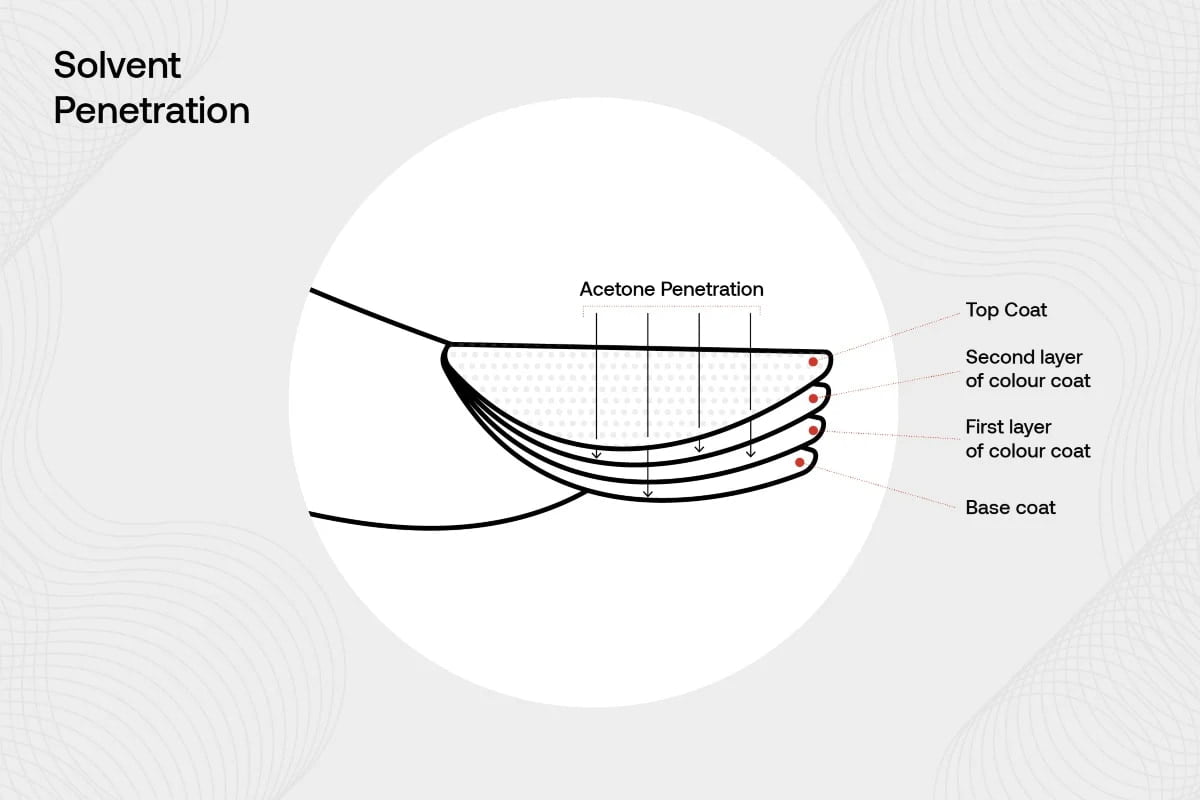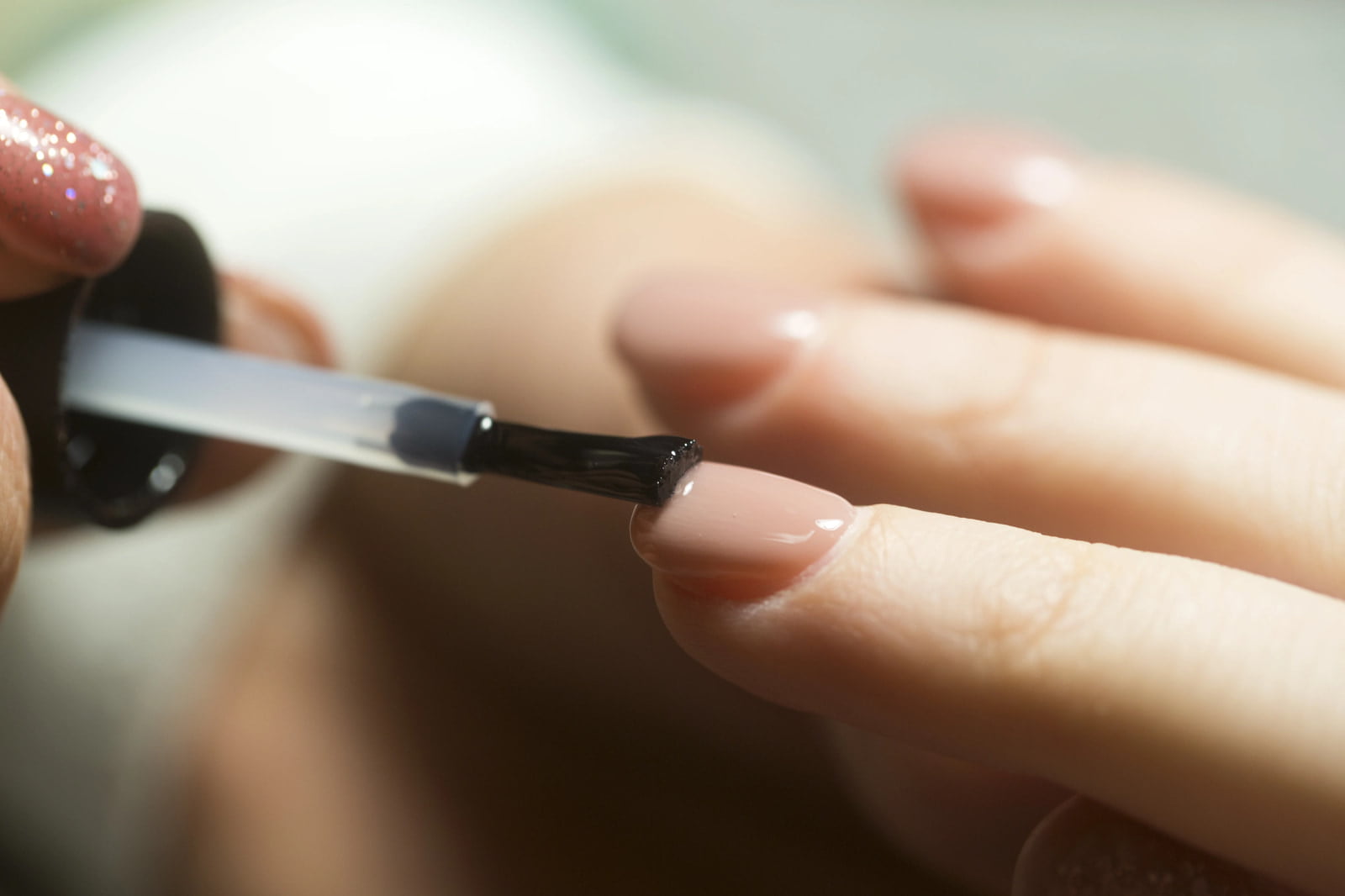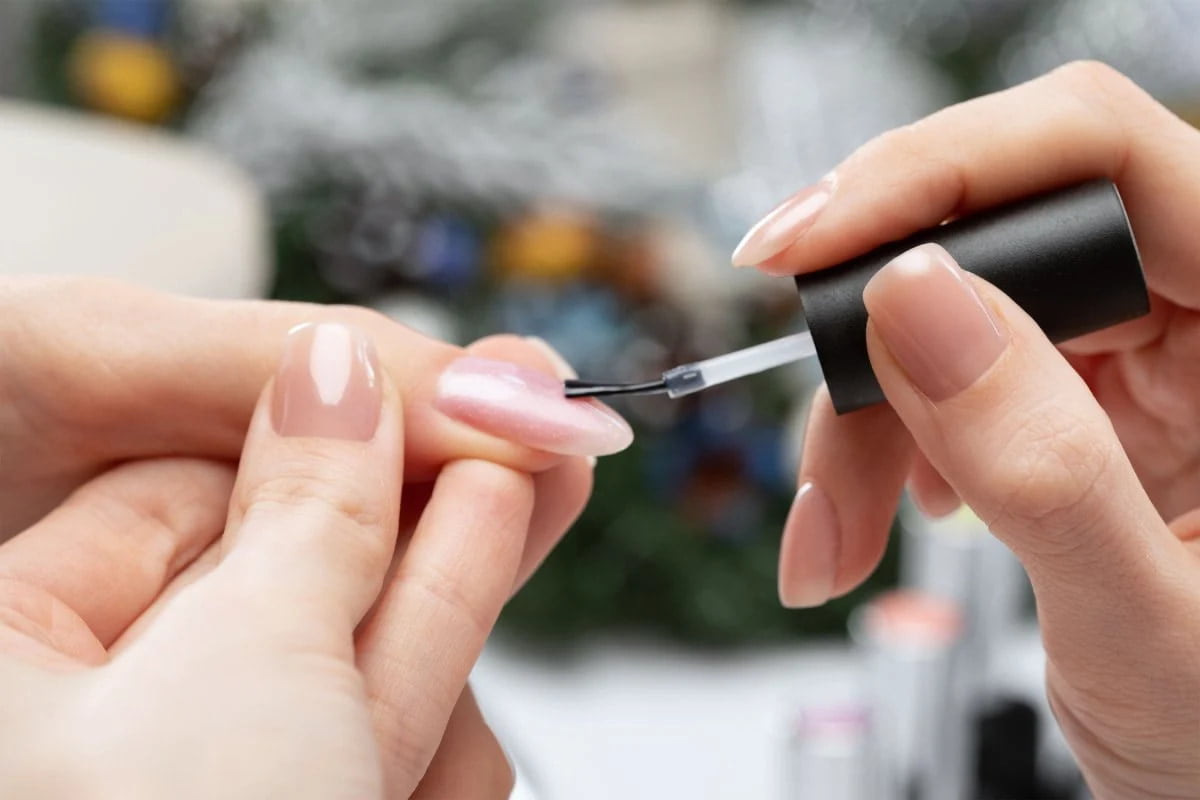Blog categorized as Applications
Not so long ago, artificial nails were known for one feature – the difficulty of removing them. However, with the invention of ‘soak off’ artificial nails in recent years, the landscape has changed dramatically, and many suppliers are now offering formulations based on this technology that are much ...
Protecting or decorating a surface with just a single layer of coating can prove to be a significant challenge, regardless of what some paint manufacturers might tell you! Achieving good adhesion, vibrant colour, a glossy finish, and appropriate durability and resilience in a single layer of paint o...
The ‘top coat’ of modern UV-curable nail treatments is essential for providing a glossy, wear-resistant finish to a manicure. But how did modern top coat formulations come about? We take a look at two key innovations that underpin the popularity of top coats today – rapid UV curing and non-yellowing...
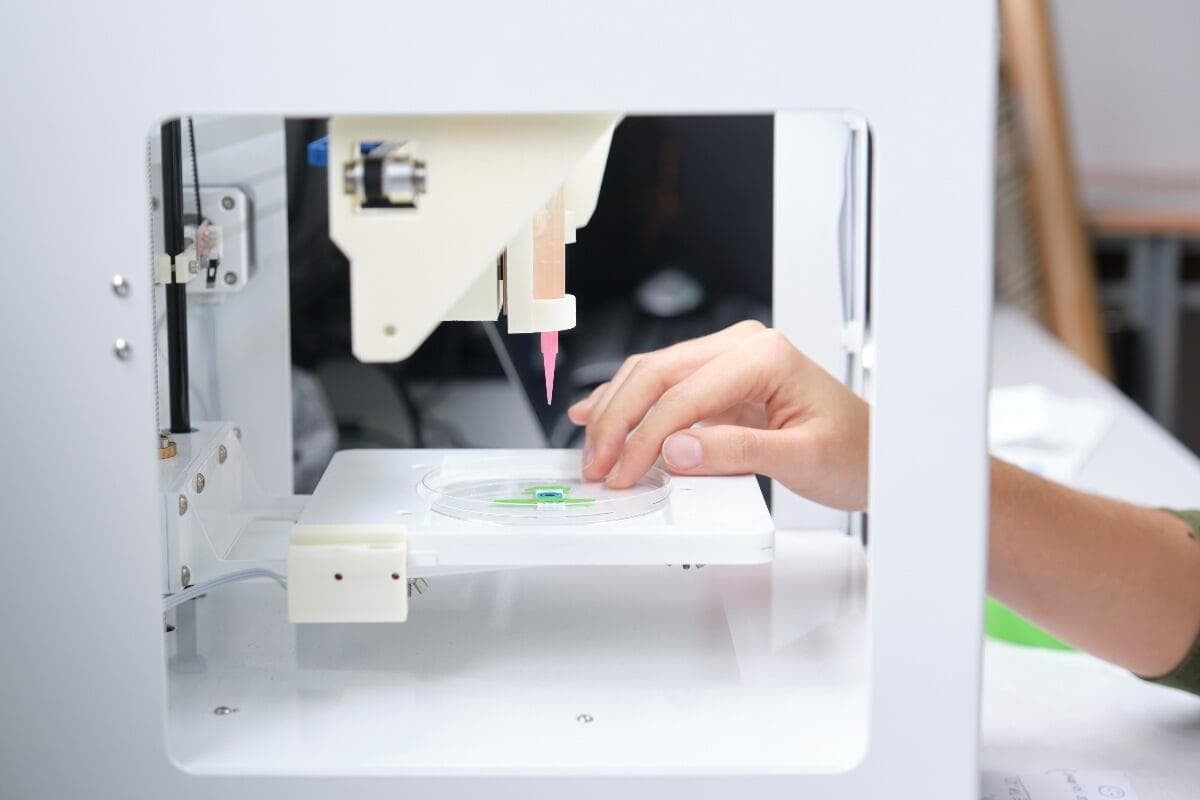
The use of biomedical sensors for the measurement of physiological parameters in humans is now long-established. Micro- and nano-sensors that have been employed so far have been built on silicon-based substrates, but these present many disadvantages in terms of temperature, signal/noise consideratio...
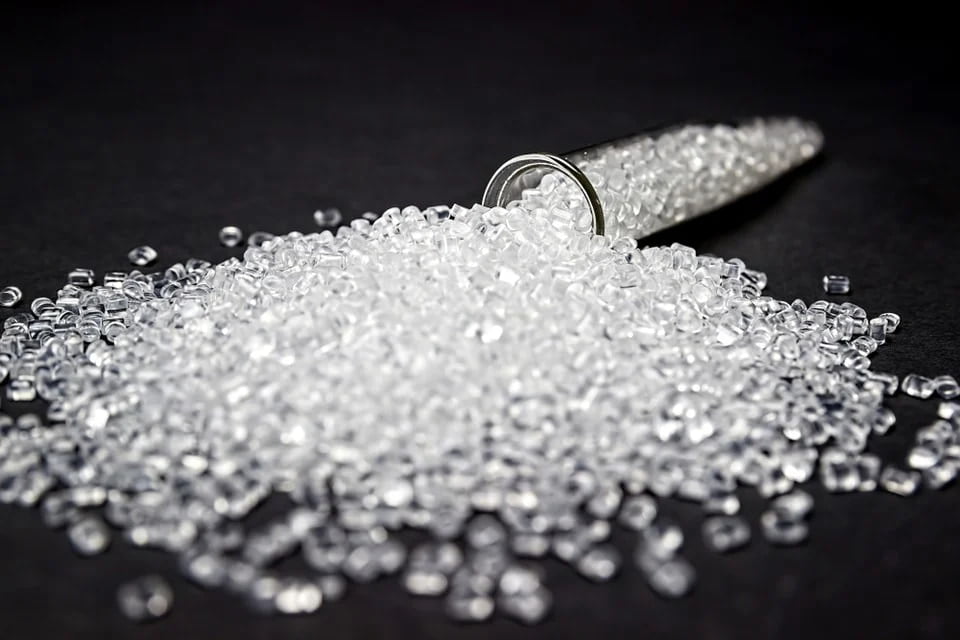
Vitrimers are emerging as a spin-off class of plastic polymer that may challenge the traditional division of polymers into thermoplastics and thermosets. They represent a class of versatile, sustainable second-generation dynamic networks that can be accessed by high-temperature functionalisation of ...
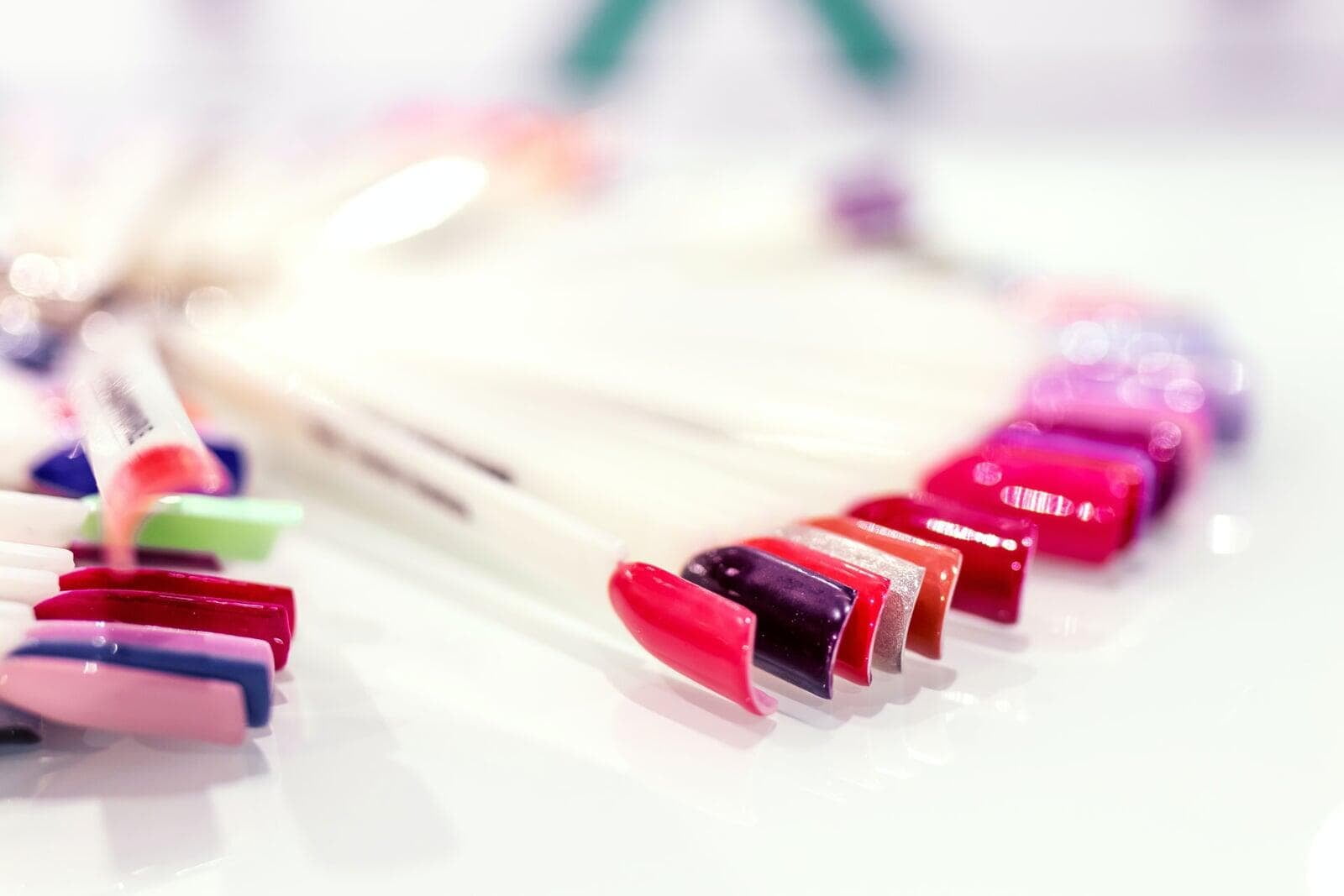
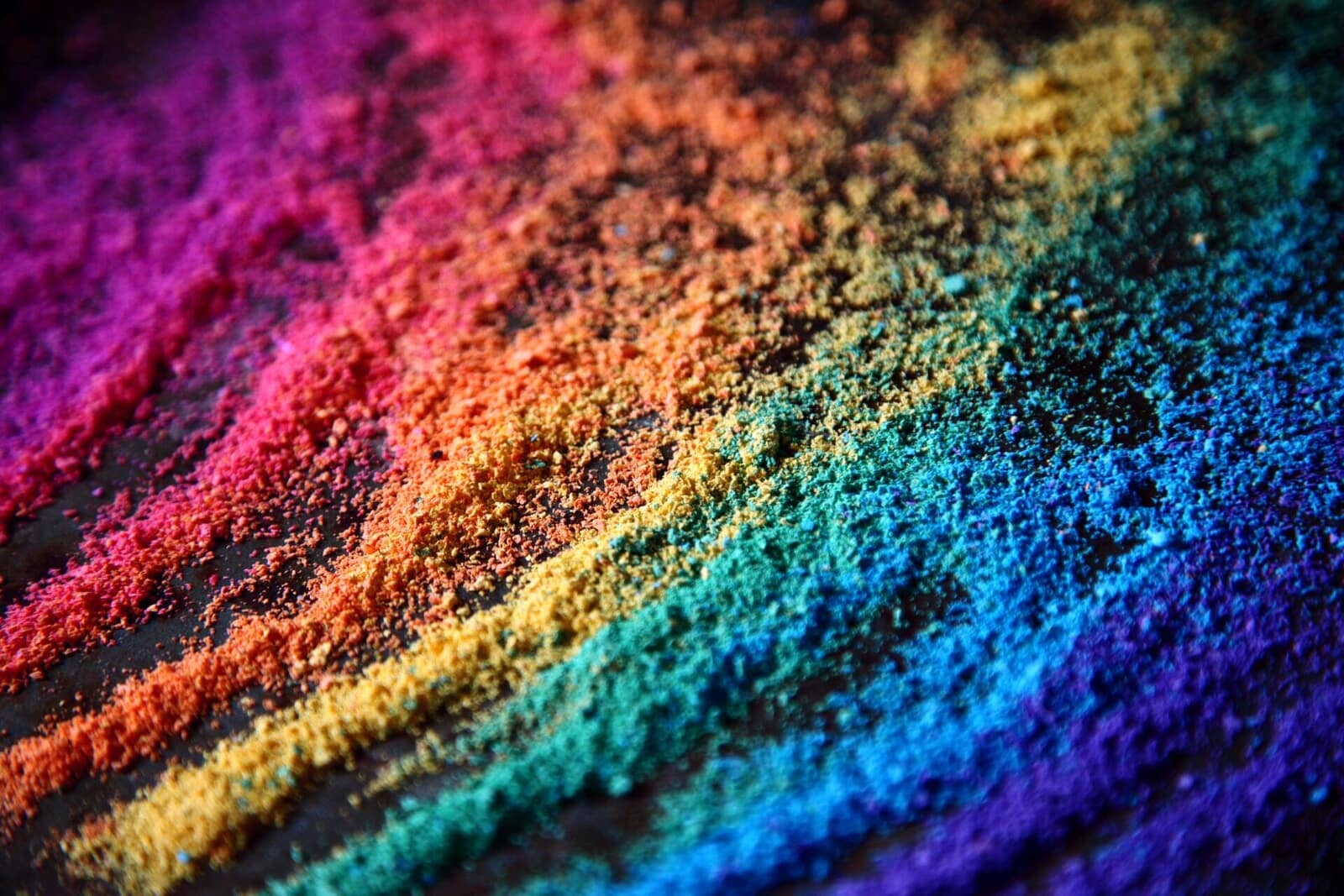
Acrylic nails were originally developed in the 1950s, initially as a spin-out from the dental acrylics industry. The science behind these nails has significantly advanced since then, with the introduction of major product innovations such as the liquid-powder systems in the 1970s, the explosion of c...
